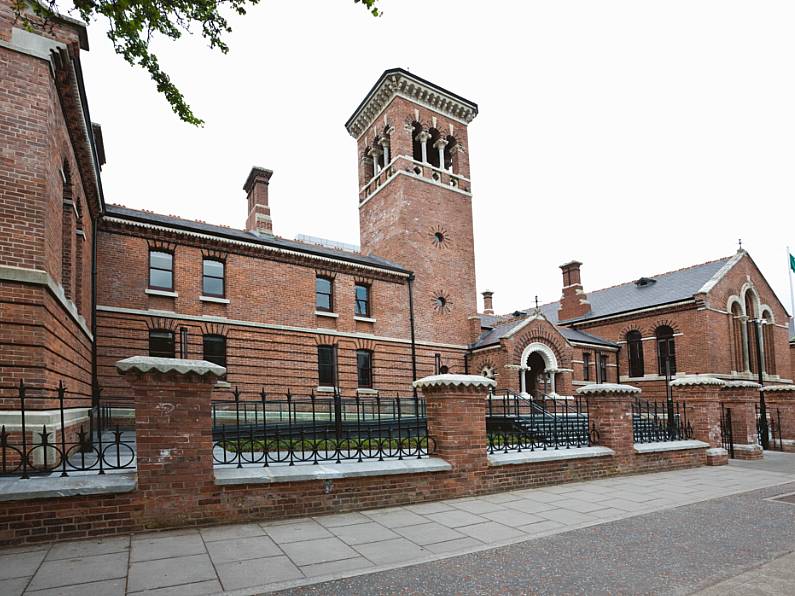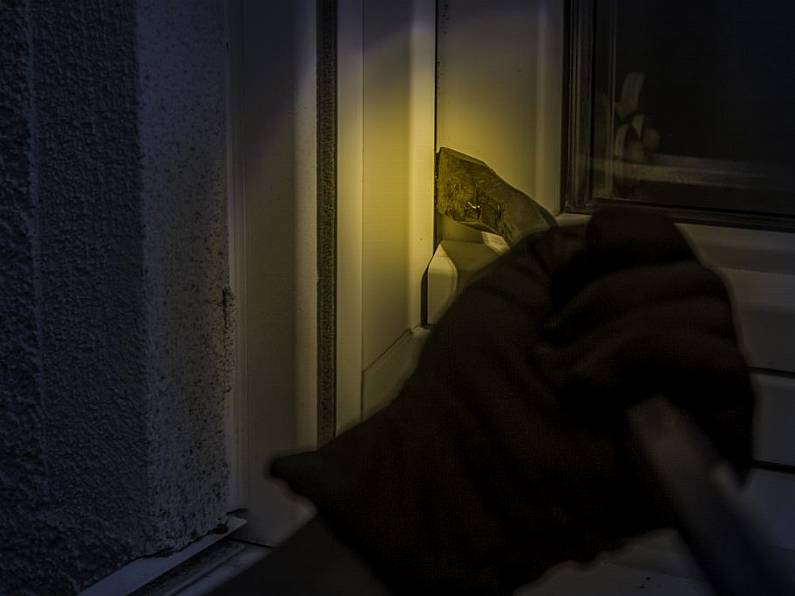Muireann Duffy
Linking the State's new living wage to 60 per cent of the median wage has been described as an "arbitrary figure" which will not enable low-income earners to have a reasonable standard of living, according to Social Justice Ireland.
Earlier this week, the Government unveiled plans to introduce a living wage to replace the current minimum wage following recommendations made by the Low Pay Commission.
The initiative will see the minimum wage increase to close the gap to the living wage, which is planned to be fully adopted by 2026.
Although the change has been broadly welcomed by Social Justice Ireland, the think tank's economic and social analyst Colette Bennett told Breakingnews.ie that the method of calculation means an actual liveable wage will not be achieved.
"The living wage technical group, of which Social Justice Ireland has been a part of since 2014, has the minimum wage at €12.90 at 2021 rates.
"60 per cent of the median, as was announced by the Government on Tuesday, would put the living wage at €12.17, so it's still coming in under what is actually necessary for a reasonable standard or living, or really a bare-minimum standard of living, at today's rates," Ms Bennett said.
They've chosen the 60 per cent, but that brings it below the actual amount that is required for a living wage
"We welcome more than we regret about it - we welcome that it is a significant increase and we welcome the fact that it is being attached to the median wage. However, the length of time to bring it in is just far too long and the rate that is being set is too low," she added.
Ms Bennett explained the technical groups' living wage figure of €12.90 is based on the minimum acceptable standard of living and has been accepted by other Government bodies and successive former minister for social protection, calling into question why the Government has opted against using this metric to set the State's living wage figure.
"The 60 per cent of the median wage is really an arbitrary figure…. They've chosen the 60 per cent, but that brings it below the actual amount that is required for a living wage."
Ms Bennett also raised concerns that the methodology has "uncertainty backed into it", after the Government said the Low Pay Commission will ultimately have discretion to speed up or slow down the delivery of the living wage, based on "prevailing economic circumstances".
With many predicting a recession is on the way, there are fears "prevailing economic circumstances" could amount to the living wage being pushed even further down the road.
"It's times like this that we need to be more progressive in terms of making sure that those who are on low incomes are being protected against shocks like recessions and cost of living increases," Ms Bennett said.
'False divides'
Publicising the new initiative on Tuesday, Minister for Trade, Enterprise and Employment Leo Varadkar said the introduction of the living wage was about "eliminating poverty for people who are at work".
However, Ms Bennett said these types of comments are creating "false divides", implying the Government is working to end poverty for workers, but not those who are unavoidably unable to work.
"We need to target low-income households, irrespective of where that income is coming from.
"I think the rhetoric is creating false divisions between those who 'get up early in the morning' and those who don't or are unable to work is quite damaging from a societal perspective.
"What that narrative refuses to acknowledge, and essentially ignores, is those who cannot work outside the home because they are engaged in caring duties, those who have a long term illness which is preventing them from working, or those who may have other circumstances prohibiting them from engaging with the labour market.
"I think it's quite unfair to exclude them from support mechanisms on the basis that they may be welfare recipients," she said.
On the argument that increasing incomes - be that through wage or social welfare payment increases – would further exasperate the current inflation crisis, Ms Bennett said such an assertion is "absolute nonsense".
"Things like increasing the minimum wage to a living wage, or increasing core social welfare rates to allow people to have a basic standard of living are not inflationary events.
"They're not things that create massive consumerism, massive spending on goods and services that would be over and above what people need to have a basic standard of living.
"Giving people enough to live on is not an inflationary event, it will not increase inflation," she added.






